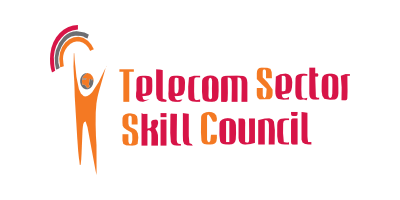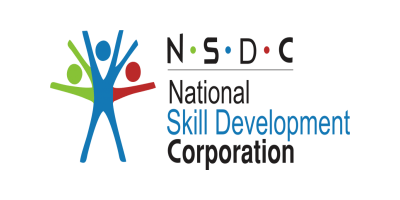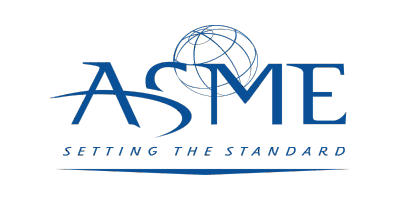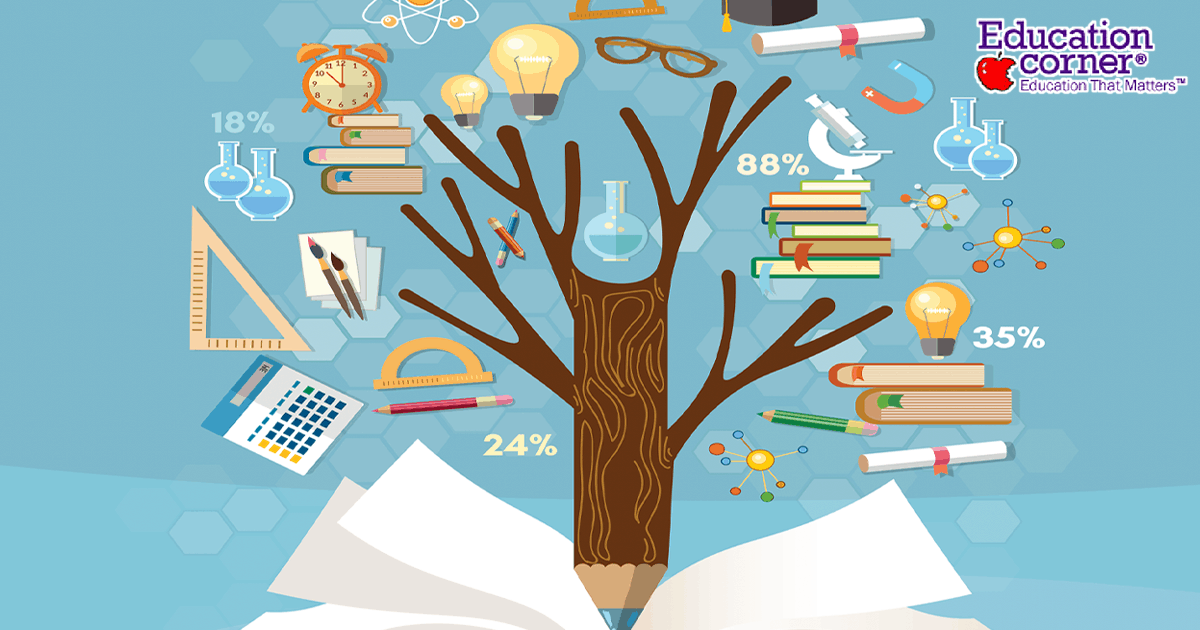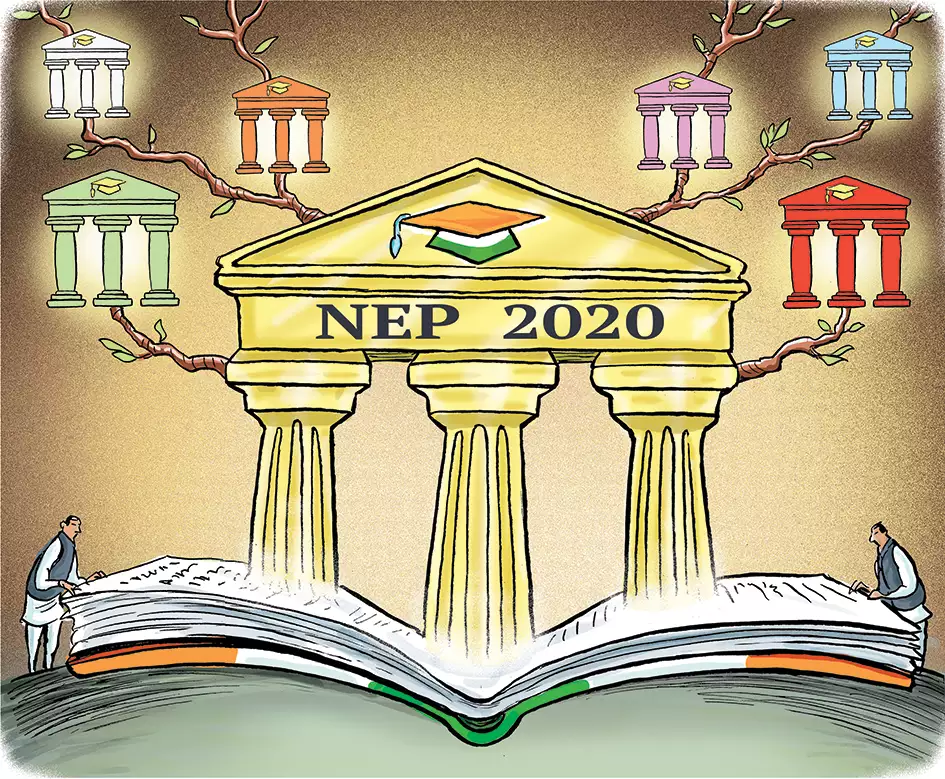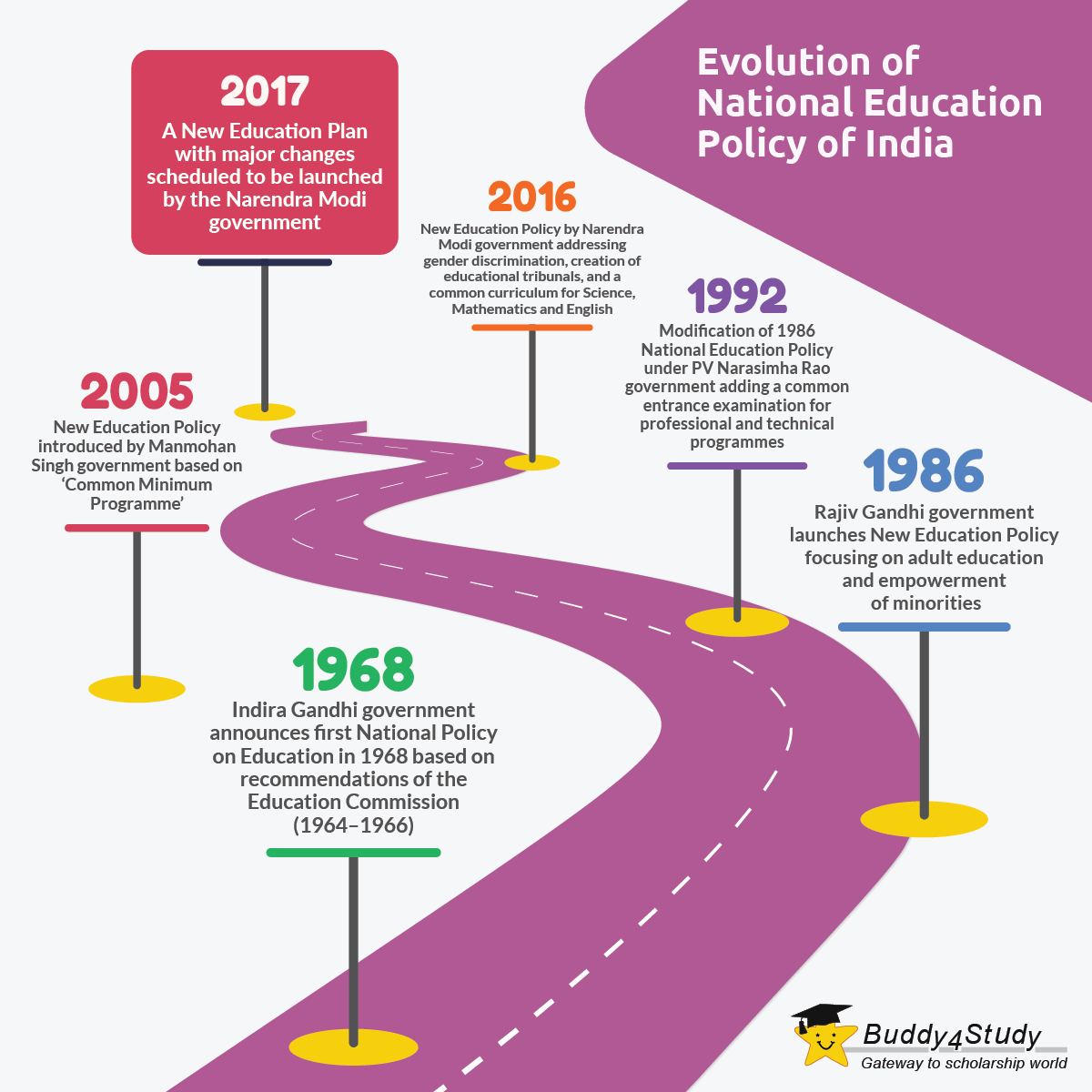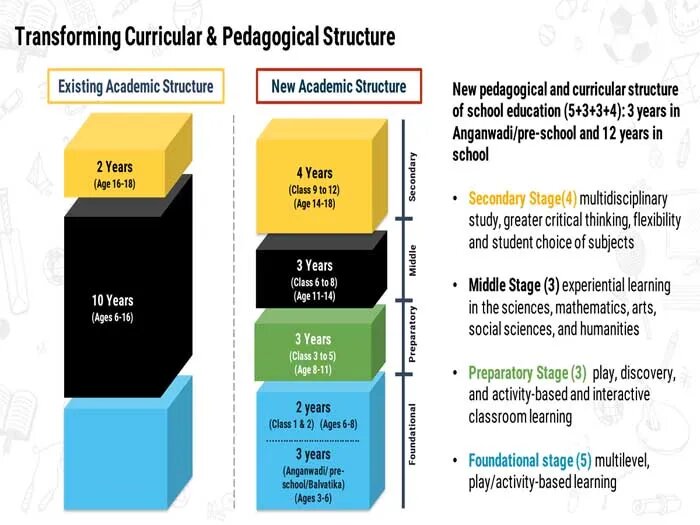The National Education Policy (NEP) 2020 in India comes 34 years after the previous policy, announced in 1986 and revised in 1992. The NEP's chief purpose is to reform the education system and bridge the gap between current learning outcomes and those desired. It took six years of work and consultations with thousands of educators and policymakers.
Read MoreThe instructional strategies and practices that make up standard-focused project-based learning are effective in fostering deep content understanding, improving academic achievement, and boosting student motivation to learn, according to the forty years of accumulated research by the Buck Institute for Education. Evidence that has significantly influenced the rising number of schools that have adopted or are thinking about implementing PBL. When the data is examined more closely, it becomes clear that just 1% of schools are using the strategy successfully. The majority of the time, schools' attempts to implement PBL result in them giving up on the endeavor completely. I'll look at the PBL implementation problems in this series of blog posts and talk about how to enhance student and teacher experiences, which can eventually lead to success.
Read MoreThe National Education Policy (NEP) 2020 was issued by the Indian government one year ago. It was a game-changing initiative with the ability to inspire fresh thinking about the direction of education. It set the stage for creating a knowledge culture that will eventually support higher education institutions (HEIs) all over our varied nation.
Read MoreAn exciting new era for the Indian educational environment began in July with the long-awaited release of the National Education Policy (NEP). The NEP outlined important proposals to improve and reform the current system with the goal of creating an equal, inclusive, and knowledge-based society appropriate for the twenty-first century. These changes were focused on raising quality, ensuring everyone has access, improving governance, providing a comprehensive, interdisciplinary education, educating more teachers, putting more of an emphasis on research, and integrating technology into every facet of education delivery. Since if properly executed, this new policy has the potential to be a significant gamechanger, it was widely praised when it was introduced.
Read MoreEven our most advanced students may not be adequately prepared in this area, according to studies, making research the most crucial skill our students need to succeed in the future. You can understand why this is a problem considering how important research is to decision-making. If this pattern persists, it may even harm our capacity to compete with other developed nations. Let's examine the precise reasons why research skills are so important, the reasons why our kids (and instructors) are having trouble, and two tools you can use to begin introducing these abilities to your students in the classroom.
Read More
